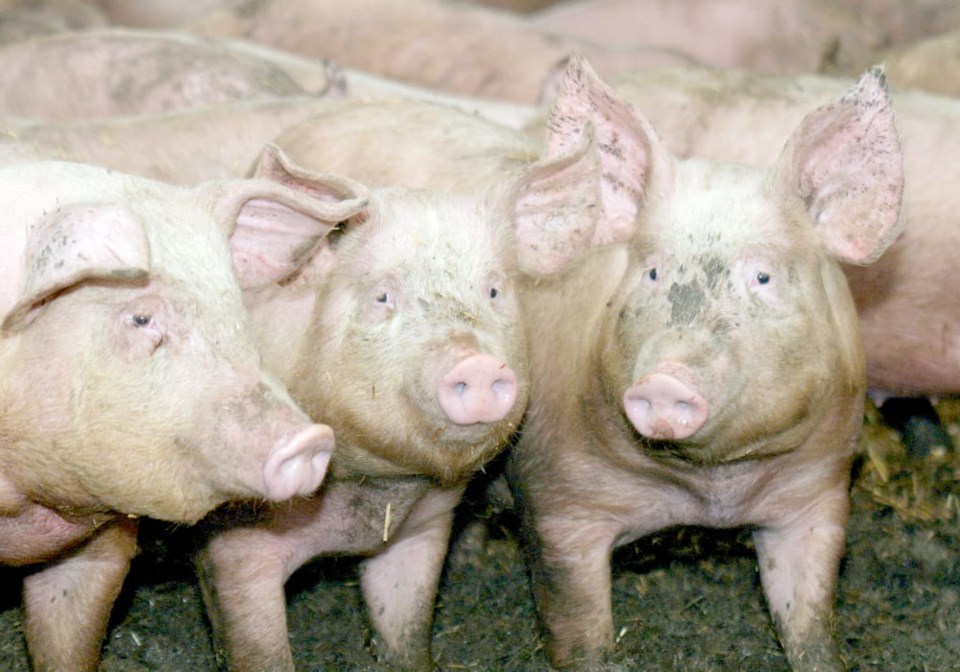DES MOINES, Iowa — If African swine fever appears tomorrow, entire nations or the continent could be shut down from international trade, says the National Pork Producers Council’s traceability lead.
Trading partners have told the U.S. industry that current surveillance and traceability measures aren’t yet good enough.
“There are still some gaps in our industry that are going to, at this time, prevent them from signing on to regionalization agreements,” said Dr. Anna Forseth in an interview at the World Pork Expo.
“We know that we need improvements in our current surveillance. We know that we need improvements in biosecurity, specifically transport biosecurity, and we have some gaps in traceability that we need to address.”
Regionalization is the prime hope of hog industries in Canada, the U.S. and other major hog exporting regions to avoid drastic market shutdowns when a major foreign animal disease appears, such as ASF, classical swine fever or foot-and-mouth disease.
With regionalization, rather than a whole country or continent being banned from the world market, only the region in which an outbreak has occurred would face the most severe restrictions, like a ban on hog movement.
In Canada, much time has been spent on preparing for regionalization, with natural geographic barriers like the Canadian Shield seeming to offer hope for being able to segregate the eastern and western halves of the country because there is only one real passageway between the two.
Canadian, American and Mexican hog producers are anxiously watching the situation in the Caribbean because ASF has appeared on the island of Hispaniola and U.S. officials have reluctantly concluded that the disease is now endemic.
“We’ve got to stay diligent,” said council president Scott Hays.
Puerto Rico is close by, which is U.S. territory, so the U.S. government does not want all the U.S. declared ASF-positive if it appears there. But if it appears on mainland North America, the industry hopes to use regionalization to stop the whole industry from crashing to a halt overnight.
Forseth said the U.S. is behind several other major trading partners in its traceability and biosecurity protocols, so it is working hard to fill those gaps. It is hoping to get regionalization agreements in place before an outbreak occurs.
“Regionalization is important to us,” said Forseth.
“It’s going to be a critical tool to expedite return to trade, post-detection, of ASF, classical swine fever or foot-and-mouth disease, and so the industry is working on addressing some of the traceability gaps, including movement to slaughter, intra-state movements, the cold channel that gets complex pretty quickly, surveillance, the number of ‘peacetime’ tests as well as types, and biosecurity.”The recent porcine epidemic diarrhea outbreaks have highlighted flaws in the current systems, so that knowledge is now being used to prepare for the next outbreak of anything.
Once some gaps are filled, Forseth said the U.S. will go back to trading partners to establish regionalization agreements.

